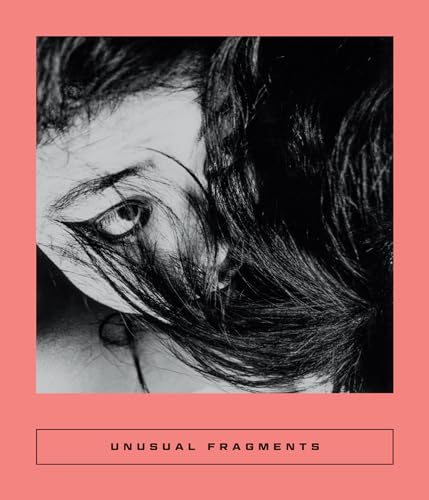
Taeko KŌNO (河野 多惠子) is a Japanese author. Taeko Kōno was born April 30, 1926 in Osaka, Japan to Tameji and Yone Kōno; her father was a wholesale merchant. She was ill as a child and as a teenager, she was conscripted to work in a factory during World War II. After the war, she finished her economics degree at Women’s University (currently Osaka Prefecture University), graduating in 1947. She has said that at this time "she felt a new sense of freedom and had an urge to do something, but was not sure what". She joined literary groups, eventually moving to Tokyo, Japan. She worked full-time and wrote in the evening. In 1962 "Toddler Hunting" (幼児狩り) was published and awarded the Shinchosha Prize. In the early 1960s, just before she was awarded the prestigious Akutagawa Prize for "Kani" (Crabs) (蟹) in 1963, she quit her job to focus on her writing. In 1965 she married the painter Yasushi Ichikawa. In 1967 she received the Women's Literary Prize for Saigo no toki and subsequently the Yomiuri Prize for "A Sudden Voice" (不意の声) in 1968, as well as the Tanizaki prize in 1980 for "A Year-long Pastoral" (一年の牧歌). She also received a literary prize from the Japanese Art Academy in 1984 and the Noma Literary Prize in 1991 for her novel Miiratori ryōkitan (Mummy-Hunting for the Bizarre, 1990). Kōno became popular and received critical attention after the publication of an English translation of Toddler-Hunting and Other Stories in 1996. (from Wikipedia)






